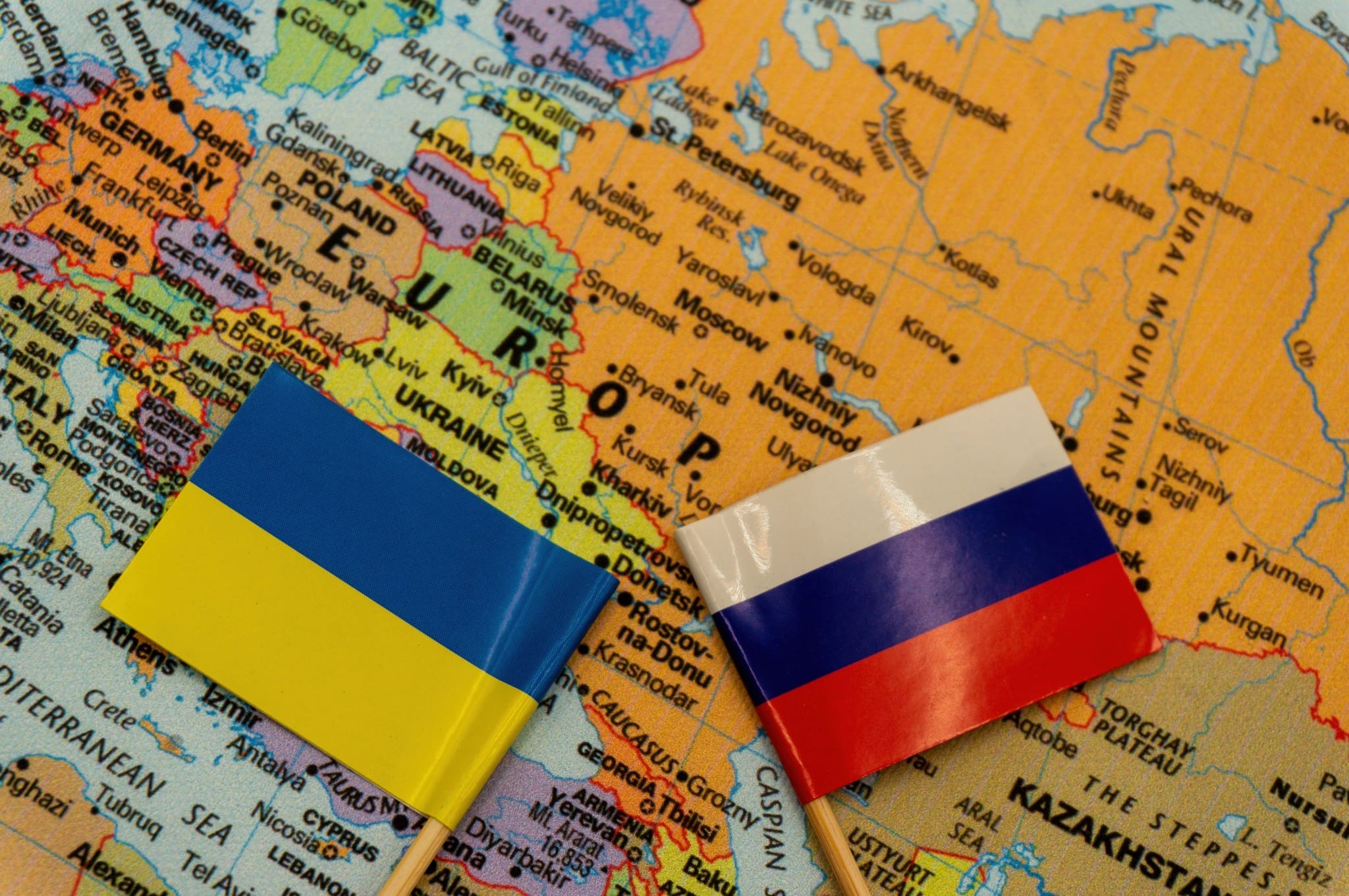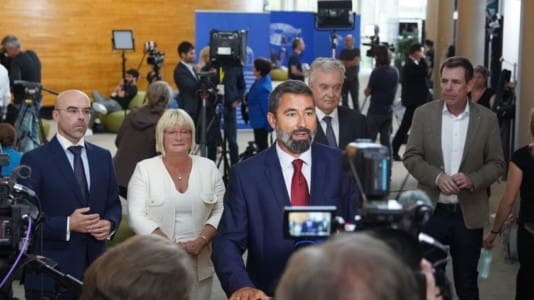The continuation and escalation of the European Union’s sanctions policy against Russia could lead to tragedy, the strategic director of an influential conservative think tank in Hungary has warned.
Responding to European Commission President Ursula von der Leyen’s State of the Union address made in Strasbourg on Wednesday, István Kovács of the Center for Fundamental Rights criticized the European Union’s intention to plow on with energy sanctions that have brought European economies to their knees and resulted in sky-high energy bills for domestic consumers and struggling businesses as winter approaches.
At a press conference in Budapest on Wednesday, Kovács said that the current geopolitical climate had put Europe in a very difficult situation; he accused left-wing members of the European Parliament, who are promoting further escalation of the war in Ukraine instead of peace, of exacerbating an already precarious situation.
Kovács did, however, express his pleasure that the address was not fixated on Brussels’ problems with the so-called rule of law in Hungary and Poland. He suggested that the lack of focus on this issue, and the European Court of Justice’s recent attempts to downplay the rule of law debate, may finally see a positive conclusion to the long-running feud between Budapest and Brussels over the EU’s non-payment of recovery funds.
The Center for Fundamental Rights director exposed von der Leyen’s hypocrisy in referring to Russia as an authoritarian regime and Putin as a warmonger, while it continues to discuss energy procurement with Azerbaijan, where it would appear that European standards on democracy and the rule of law it supposedly cherishes so much do not apply.
It is Kovács’ view that the European Commission is attempting to build a wall between the Eastern and Western states, that the EU executive has no real solution to offer in relation to the ever-increasing energy prices, and that the European Union appears to favor solidarity with Ukraine far more than with some of its own member states.
Von der Leyen’s address on Wednesday morning primarily focused on the ongoing conflict in Ukraine and confirmed that existing sanctions imposed on Russia will remain in place.
“This is a war against our energy, our economy, our values,” she told a plenary of the European Parliament. “This is a war for our future. The war of autocracy against democracy, but I am convinced that with enough courage and solidarity, Putin will fall, and Ukraine and Europe will win.”





